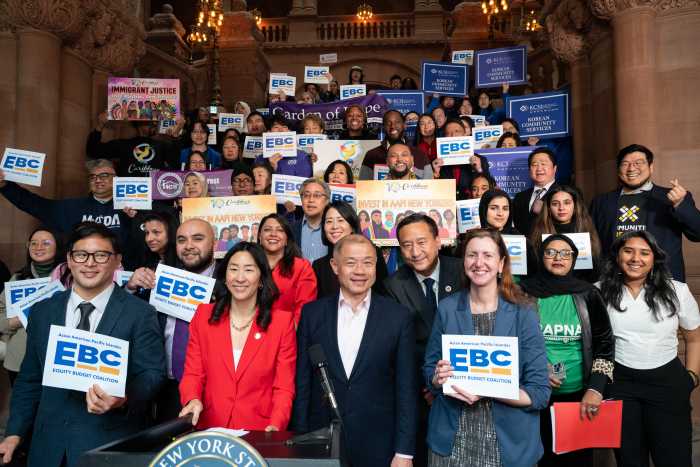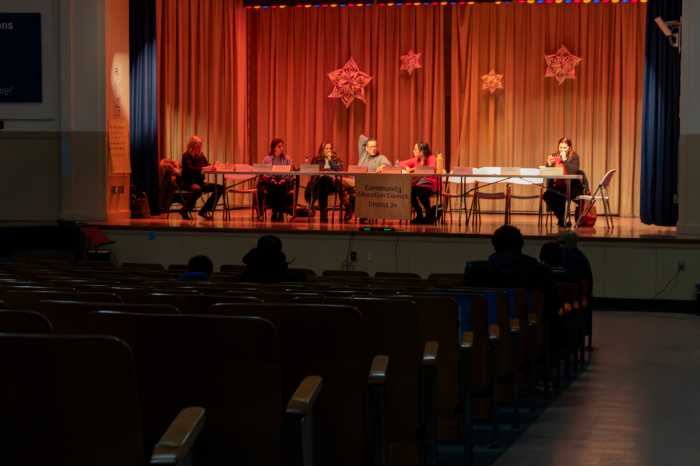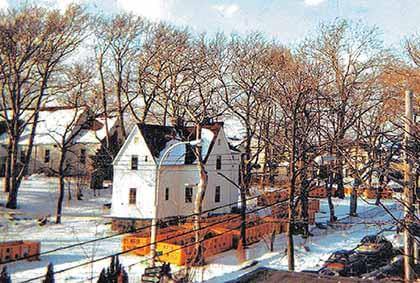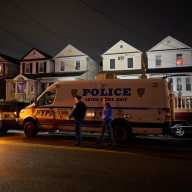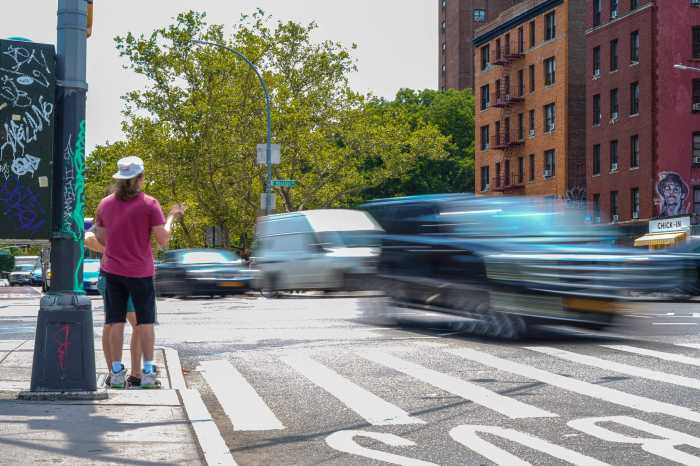By Bill Parry
The chairman of Community Board 2 said last Thursday’s vote to reject two key components of the city’s plan to amend the zoning code was not a rejection of Mayor Bill de Blasio’s push for affordable housing. Instead, it is a reaction to an overwhelmed infrastructure in Long Island City, Sunnyside and Woodside with an eye toward future development.
“Let me be very clear, this is an overarching concern by our board and our elected officials that we can’t keep developing housing without the proper infrastructure that would support the people that will live there,” CB 2 Chairman Patrick O’Brien said. “We’ve been very supportive of affordable housing, just look at how we welcomed Hunters Point South. It’s all about our woefully inadequate transportation, schools, medical facilities, sewers and parks and open space.”
The vote came in response to several presentations on proposed housing policies by the Department of City Planning. In an effort to lay the groundwork for more affordable housing, the city is seeking to rezone areas including Court Square and Queensboro Plaza in Long Island City, and the mayor has proposed decking over portions of the Sunnyside Yards for the development of 11,250 affordable apartments.
Community Board 2 rejected amendments to Mandatory Inclusionary Housing, which would require developers to include a percentage of affordable priced units whenever the zoning designation is changed to substantially increase density.
CB 2 also rejected the text for Zoning for Quality and Affordability, which would adjust building regulations like height limitations. New buildings on Queens Boulevard, from 39th Street east, would be allowed to be 20 feet taller than is currently allowed, or two extra floors apiece.
CB 2 was troubled with the amendment since it would eliminate the parking requirements at affordable housing and affordable senior housing in many areas of the district.“The board made two separate votes based on a number of flaws we saw in each amendment,” O’Brien said.
The Department of City Planning is aware of CB2’s concerns regarding infrastructure and transit needs and plans to address them through the Long Island City Core Study beginning next year, according to a spokesman. In order to support future growth and possible density increases to foster additional housing and mixed-use development, the study process will identify critical investments in infrastructure and neighborhood services to support current demands and future growth..
Potential public investments that may be identified include new schools, public open spaces, storm water and sanitary sewer upgrades, and pedestrian, bicycle, and traffic safety and streetscape improvements. The LIC Core area includes the Queens Plaza and Court Square neighborhoods, the Queensbridge Houses campus, and the Jackson Avenue and Northern Boulevard corridors.
In addition, City Planning says before Mandatory Inclusionary Housing would go into effect it would go through a full public review process in each neighborhood as part of rezoning.
While CB2’s vote is not legally binding, their opinion, as well as Borough President Melinda Katz, could influence the City Council’s decision next spring.
Reach reporter Bill Parry by e-mail at bparr


